The London Korean Film Festival 2016: Female directors battling stereotypes through film
Three weeks. 61 films across cinemas in London and the rest of the UK

For the next month, beginning 3 November and spanning across three weeks, cinemas across the city will be screening more than 50 South Korean features, shorts and documentaries for the 11th London Korean Film Festival, before rolling 11 more films to Sheffield, Nottingham, Manchester, Glasgow and Belfast.
Picturehouse Central, Regent Street Cinema and Ritzy Picturehouse, along with other spaces like The British Museum and Close-up will all be taking part in the festival.
Hosted by the Korean Cultural Centre, this year’s line-up is set to be one of the best yet: a special focus on female directors brings the topical issue of female representation in directing, to the fore.
Not only are less than 1 per cent of film directors women, but the country has a somewhat strenuous relationship with artists. Earlier this year some of South Korea’s directors boycotted the country’s biggest film festival in Busan after accusations that government chiefs changed the festival program to exclude a controversial documentary about the Sewol Ferry Disaster.
The festival will present the work not only of women, but also of documentary filmmakers whose controversial pieces offer an alternative to Psy's “Gangnam Style” and K-pop’s glittery image of South Korea.
Here is a rundown of everything that will be showing:
Galas
Opening and closing nights
Director Lee Kyoung-mi, who worked with Oldboy director Park Chan-wook eight years ago on black comedy Crush and Blush, kicks off the festival with the European premiere of The Truth Beneath. The thriller follows an increasingly panicked wife (Son Ye-jin) of an aspiring politician (Kim Joo-hyuk), whose daughter disappears on the first day of the national elections campaign. Kyoung-mi’s heavy touch and tight, emotive narrative is somewhat reminiscent of her old mentor, and the film’s slow-burning hysteria will entice seasoned genre aficionados and fresh meat alike.
Hong Sang-soo will be closing the festival with Yourself and Yours, a gentle allegory about relationships. The film is rather like Luis Buñuel’s That Obscure Object of Desire, except with one actor playing multiple versions of herself rather than two actors playing the same woman. After Minjung (Lee You-young) is accused by her boyfriend of drinking with a man, she moves out and comes across a number of men from her past. She pretends not to know any of them, and makes up a different identity for herself each time. The feature leaves viewers wondering about the identity of Minjung and her doppelgängers (or if, indeed, there are any).
Special Focus: The Lives of Korean Women Through the Eyes of Women Directors
The presentation of women in both fiction and nonfiction are key elements of the festival this year, and the films have been handpicked by the Korean Culture Festival Film team to showcase the nuances of female identity in South Korea through their cinematic presentation: homosexuality, the post-war experience and Korean female filmmakers in history.
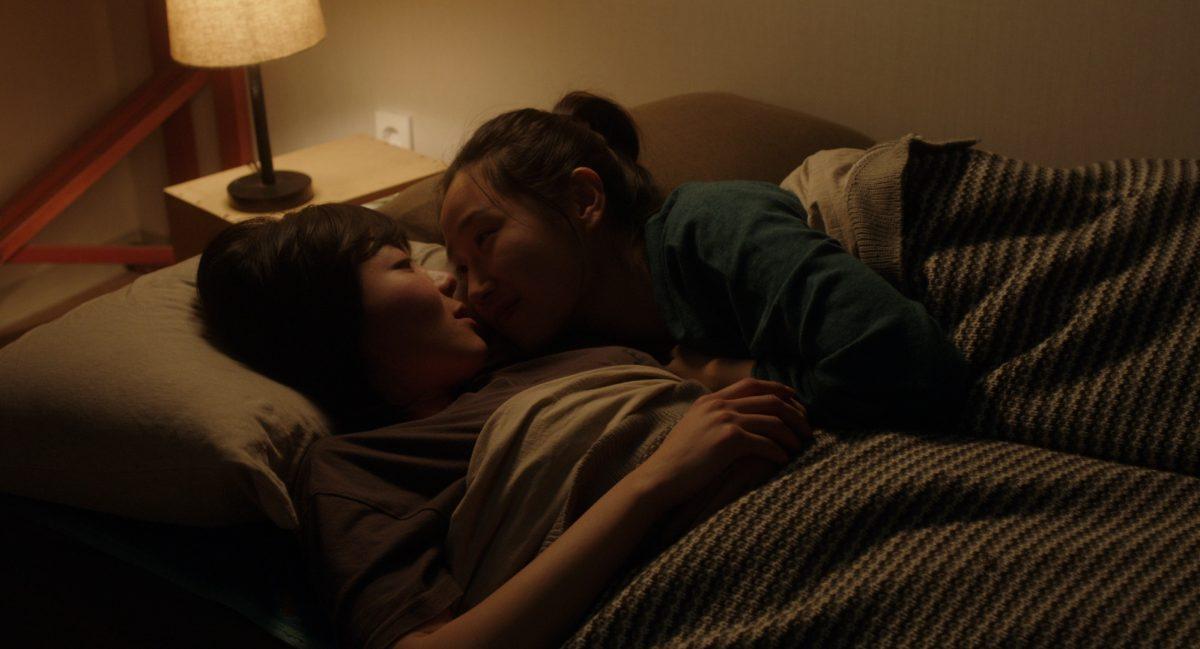
The films in this category are:
Park Nam-ok’s The Widow and Paju; Yim Soon-rye’s Forever the Moment, Boo Ji-young’s Cart, Lee Hyun-ju’s Our Love Story, Byun Young-joo’s Helpess, Jeong Jae-eun’s Take Care of My Cat, Lee Kyoung-mi’s Crush and Blush, Lee Jeong-hyang’s The Way Home, Kim Soo-jung’s A Blue Mouthed Face, Yim Soon-rye’s Keeping The Vision Alive.
Hits from 2015-2016
Some of the biggest domestic hits from the last year will be shown as well. Yeon Sang-ho will be screening his animated prequel to Train to Busan, which broke several records in South Korea and spent weeks on the top of the charts. The story of a father and his daughter’s high-octane journey of survival on a train filled with zombies departs from the traditional horror genre. Seoul Station, the film’s animated prequel, looks at the events leading up to the unidentified zombie outbreak. Kim Seong-soo’s Asura: City of Madness will have its European premiere as well.
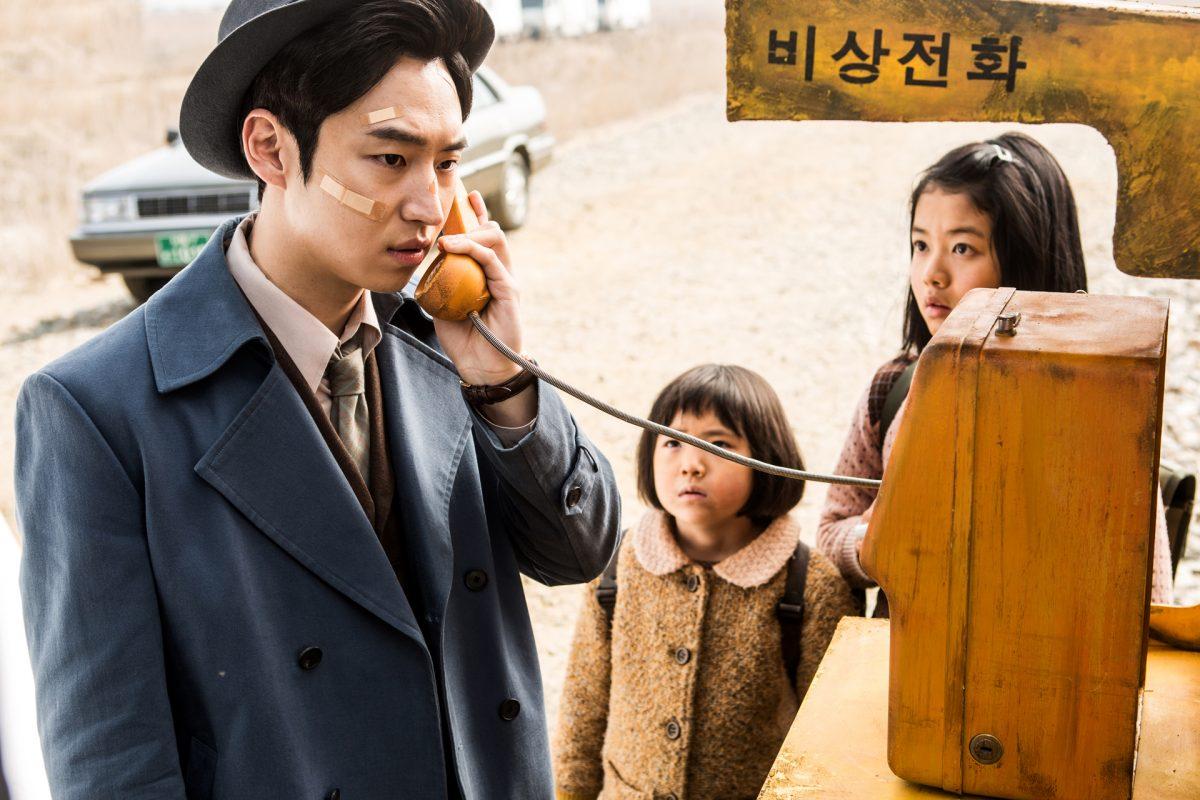
Here is a full list of films in this category:
Lee Joon-ik’s Dong-Ju: Portait of a Poet, Jung Ji-woo’s Fourth Place, Lee Il-hyung’s A Violent Prosecutor, Woo Min-ho’s Inside Man, Jo Sung-hee’s The Phantom Detective, Lee Woo-chuk’s The Hunt, Kim Seong-soo’s Asura: City of Madness, Choi Jeong-yeol’s One Way Trip, Yeong San-ho's Seoul Station.
Indie Firepower
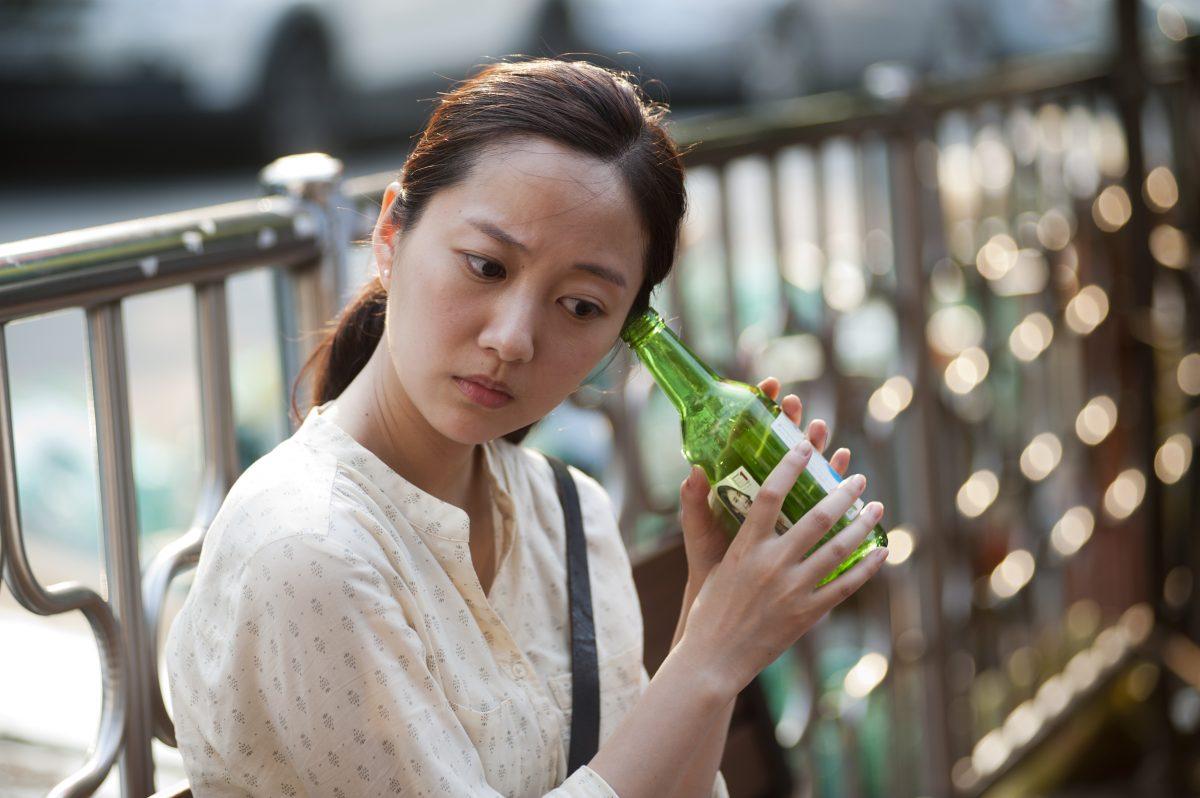
Asian cinema expert and critic Tony Rayns picked a neat, eclectic mix of Indie films:
Park Hong-min’s Alone, Jung Ji-woo’s A Fish; Shin A-ga’s Jesus Hospital, Lee Kwang-kuk’s Soju And Icecream, Park Sang-hun’s A Mere Life, Jeong Ga-Young’s Miss Ex.
Classics Revisited: Lee Jang-ho retrospective
One of the most important Korean directors of the 1960s and 1970s will have three of his films showcased at the festival: The Man With Three Coffins; erotically charged Eoh Wu-Dong and Good Windy Days.
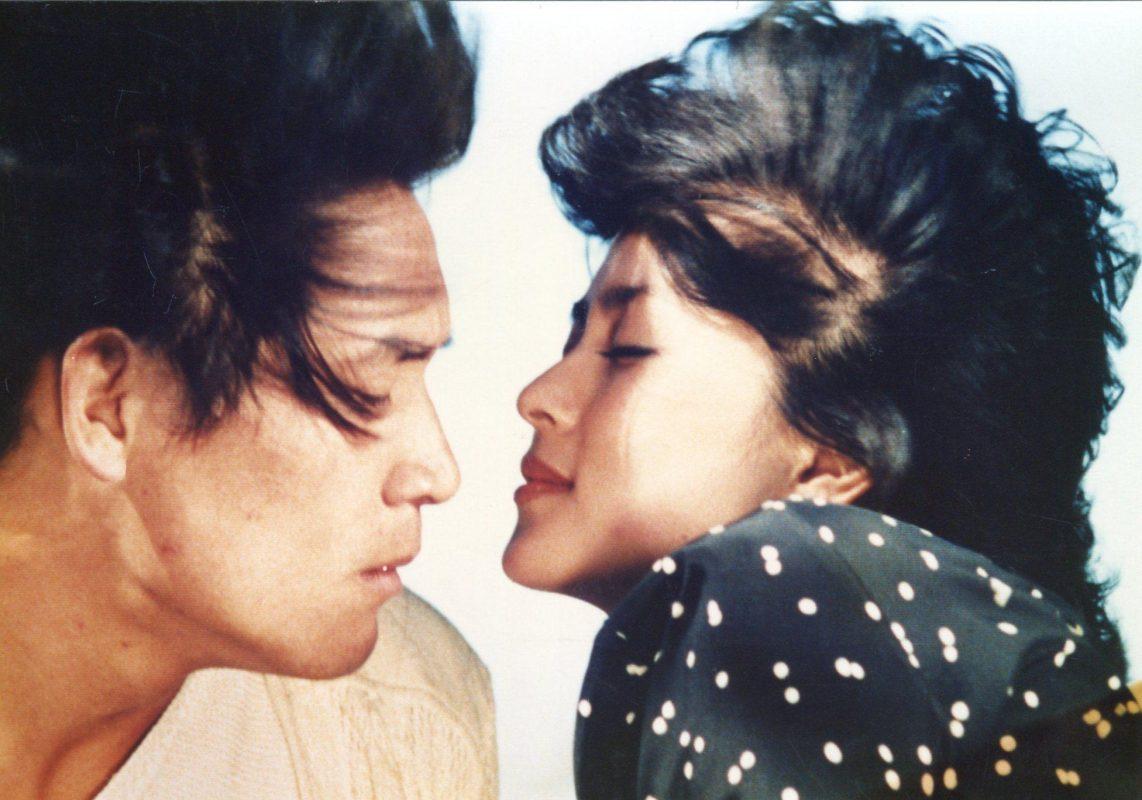
Animation
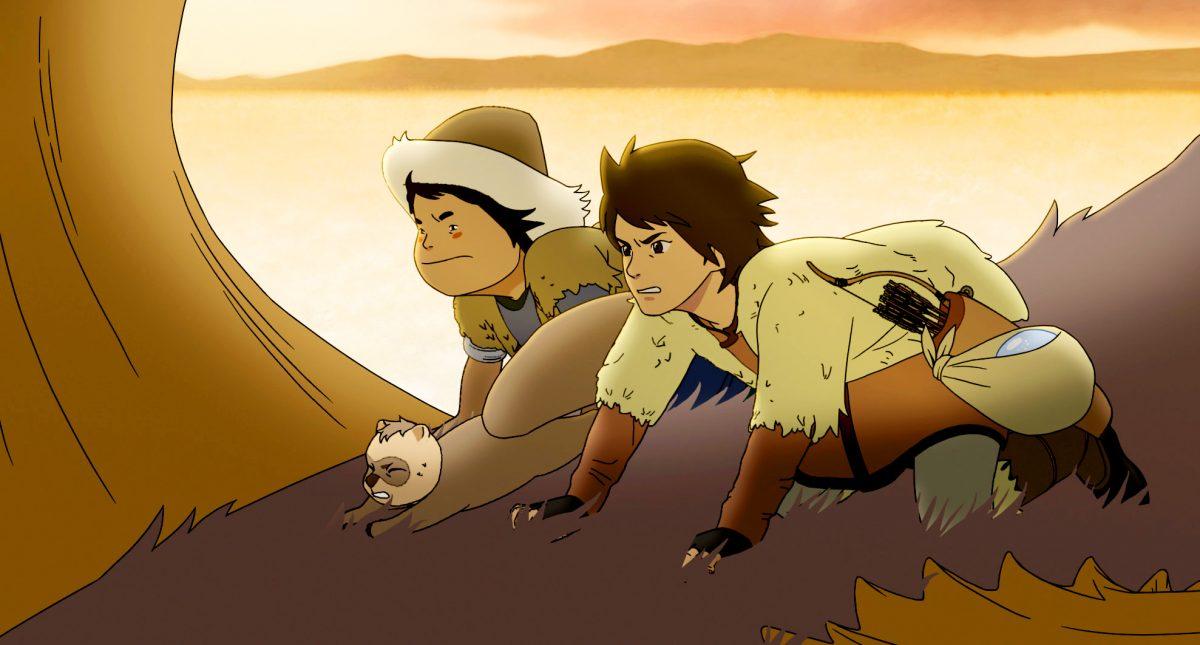
Lee Sung-gang’s Kai and Ryu Jung-oo’s The Tayo Movie Mission: Ace.
Documentary
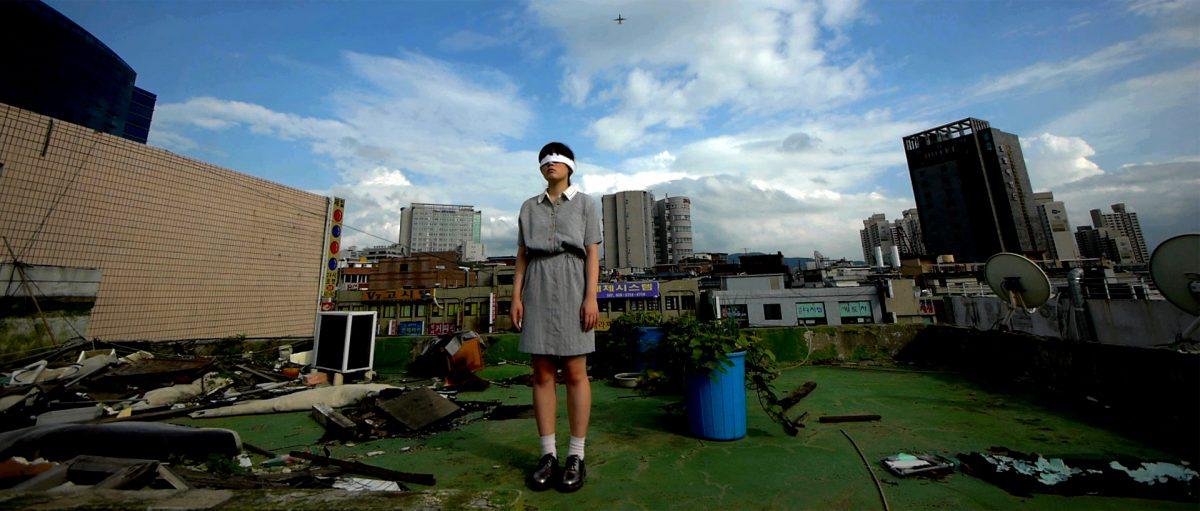
The documentary section has a number of non-fiction films looking at the contributions women have made to South Korean economy, and society. Im Heung-soon's Factory Complex unearths the lives of marginalised South Korean female labourers in the 1960s. Here are the rest of the documentaries:
Jang Sun-woo’s Cinema on the Road, Kim Hong-joon’s My Korean Cinema: Episode 1-8, Yi Seung-jun’s Wind On The Moon, Im Heung-soon’s Factory Complex, Ko Hee-young’s Breathing Under Water.
Mise-en-scene shorts
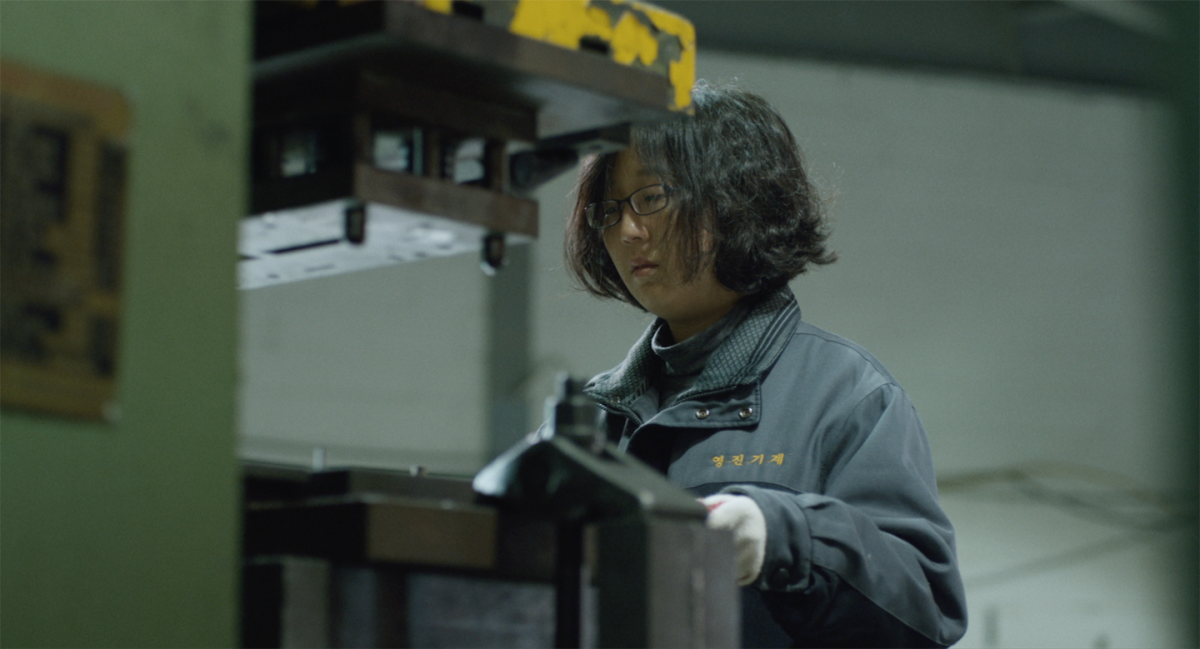
A number of shorts and artist videos will round off the festival:
Lee Ji-won’s Summer Night, Oh Seong-ho’s Love Complex, Han Ji-Su’s You Should Know That, Kim Kang-min’s Deer Flower, Lee Chung-hyun’s Bargain, Kim In-geun’s Nae-Ap, Jeong Seung-o’s Birds Fly Back to the Nest, Kim Geon’s Keep Going.
Join our commenting forum
Join thought-provoking conversations, follow other Independent readers and see their replies
Comments
Bookmark popover
Removed from bookmarks